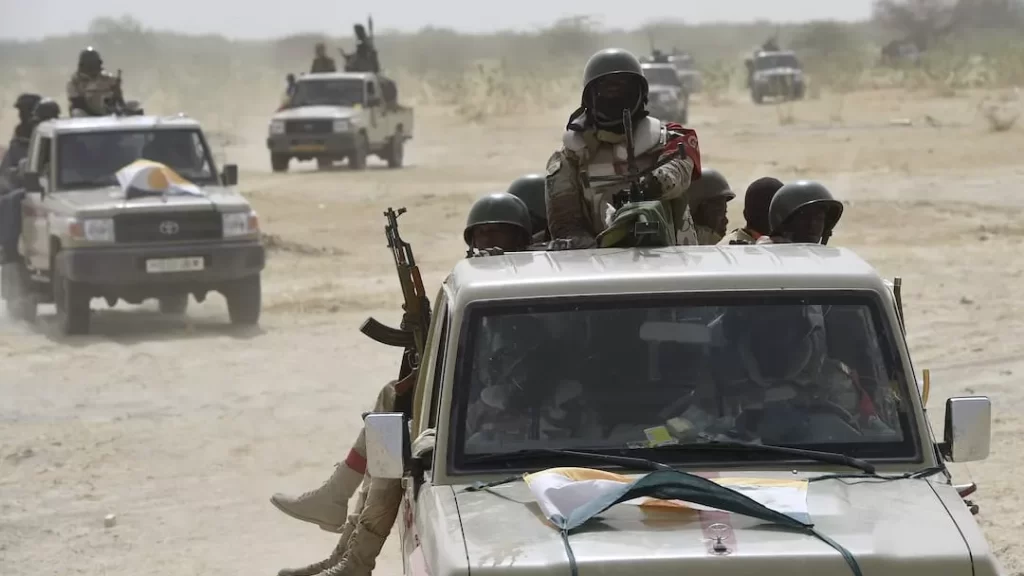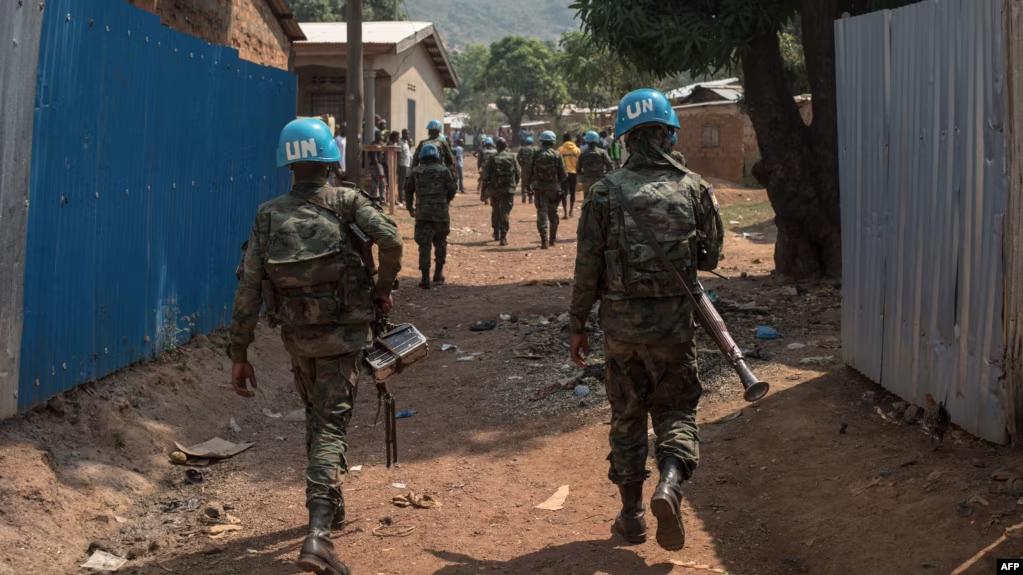Several hundred rebels have surrendered their weapons to government and U.N. forces in the Central African Republic, officials announced Wednesday, less than a month after the nation reached a crucial border security agreement with neighboring Chad.

The mass surrender comes as the country prepares for its first local elections in 36 years, previously postponed from October due to security concerns. Among those laying down arms was Mloubo Etienne, 36, a fighter from the Union for Peace (UPC), one of the country’s largest rebel groups.
“Life was becoming unbearable without food in dense tropical rainforests,” Etienne said on state television, adding that many UPC fighters along the northern border also seek surrender after Chad’s military cut off their supply lines.
Communication Minister Maxime Balalou reported that 105 fighters surrendered in Bambari, the nation’s third-largest city, representing both UPC and anti-balaka rebel groups. In a separate operation in the central town of Kouango, 36 additional fighters, including three women, handed over their weapons.
The government will transfer surrendering rebels to the Center for Disarmament, Demobilization and Reintegration, where they can choose between civilian reintegration programs or military training, Balalou said.

The breakthrough follows an October 23 agreement between CAR and Chad to establish a joint security force along their 1,200-kilometer border. Chad’s commitment to deploying troops has effectively strangled rebel supply lines, forcing many fighters to surrender.
Officials warn that rebels who refuse to lay down arms face military action as the government pushes ahead with plans for December 29 local elections, contingent on favorable security conditions. The anti-balaka, an alliance of rebel groups active for a decade, remains a particular concern.
The Central African Republic aims to secure the surrender of at least half of its estimated 21,000 rebels by the end of 2025. Those who refuse face confrontation with government forces or MINUSCA, the U.N. stabilization mission in the country.


